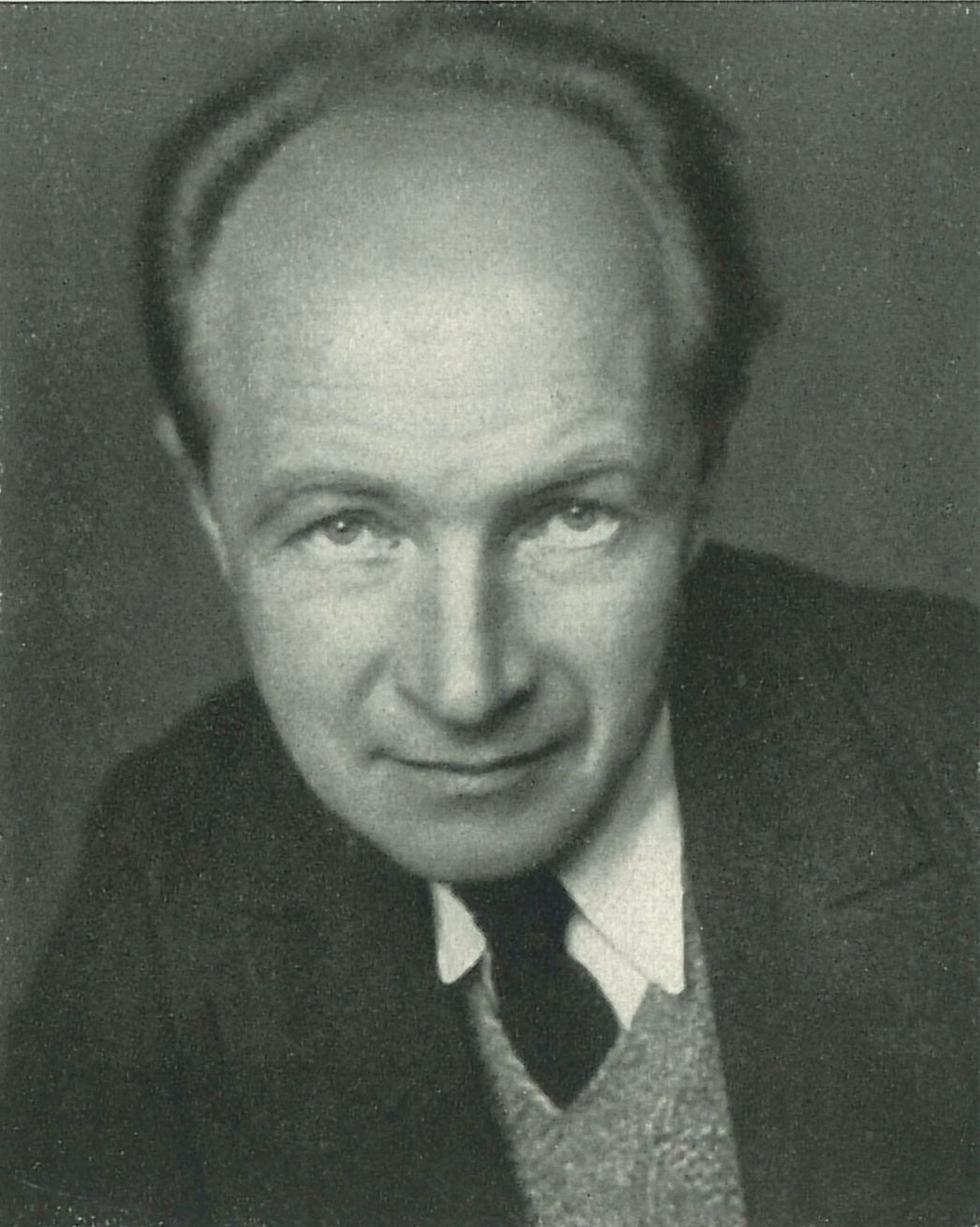
Ernst Wiechert was born in Kleinort near Sensburg (Mrągowo) in East Prussia on 18 May 1887. After studying in Königsberg, present-day Kaliningrad, he worked as a secondary school teacher. In the First World War he volunteered to serve as an officer. After the war he went back to teaching in Königsberg and began writing about his East Prussian homeland. The protagonists of his novels, novellas and stories find salvation in nature and isolation, in an escape from modern mass civilization. His lyrically melancholic style of writing gained a large readership from the end of the 1920s.
During the Weimar Republic Wiechert moved mainly in nationalist-conservative circles. In 1924 he published the war story Der Totenwolf ("The Death Wolf"). After his wife committed suicide he left East Prussia and, in 1930, became a teacher in Berlin-Charlottenburg. Just a few weeks after the National Socialists came to power he retired officially for health reasons, and lived as a freelance writer at his farmhouse Gagert near Munich. In his Munich university lecture of 16 April 1935 on the subject of "The Poet and His Time", he criticized the educational and cultural policies of the National Socialists.
After protesting against the arrest of Martin Niemöller at the end of March 1938, Wiechert was arrested on 6 May and sent to Buchenwald Concentration Camp on 4 July 1938 as a "political". Released after three months with a personal warning by propaganda minister Goebbels, Wiechert increasingly withdrew from public life. His novel The Simple Life, about a man returning from the war to live in East Prussia, was a great success in 1939.
After liberation, Wiechert published Forest of the Dead, a literary report about his imprisonment. Soon disappointed by the political developments in post-war Germany, Wiechert criticized the lack of remorse. Out of a sense of resignation, he moved to Switzerland in the spring of 1948, and in 1949 a second volume of his memoires appeared under the title of Jahre und Zeiten ("Years and Times").
Ernst Wiechert died in Uerikon, Switzerland on 24 August 1950.


